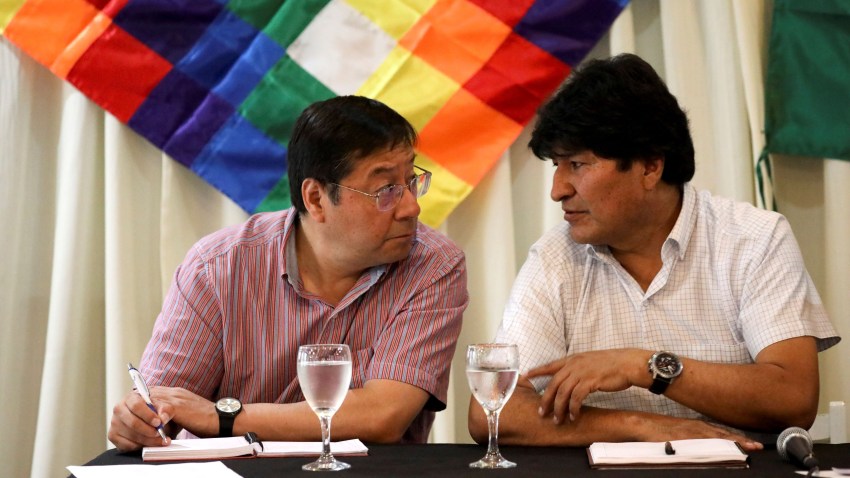On Sept. 24, Bolivia’s former president, Evo Morales, declared he would run in the country’s next presidential election as the candidate for the ruling Movement Toward Socialism, or MAS, party—two years before the ballot and before MAS had even held its primary. It is the latest gambit in Morales’ increasingly bitter struggle with current President Luis Arce, as both seek to lead the party into the 2025 election.
The MAS has been the dominant force in Bolivian politics for almost two decades, but the presidential election of 2019 marked a turning point. Morales was running for a third consecutive term, in violation of the constitution and in defiance of a referendum result. He won the election, but allegations of fraud—later contested—sparked massive opposition protests. When the army suggested he resign, he did and went into exile. A little-known conservative senator, Jeanine Anez, became president of an interim government.
When fresh elections were held a year later, the MAS swept back into power under Arce, Morales’s former finance minister and hand-picked candidate. Morales promptly returned to Bolivia, and when Arce subsequently declared he would not seek reelection, many Bolivians believed the implied agreement between the two men was that Morales would return as MAS’ candidate in 2025. But it soon became clear that Arce did want a second term—putting the two erstwhile allies in competition to lead the party into that election.

